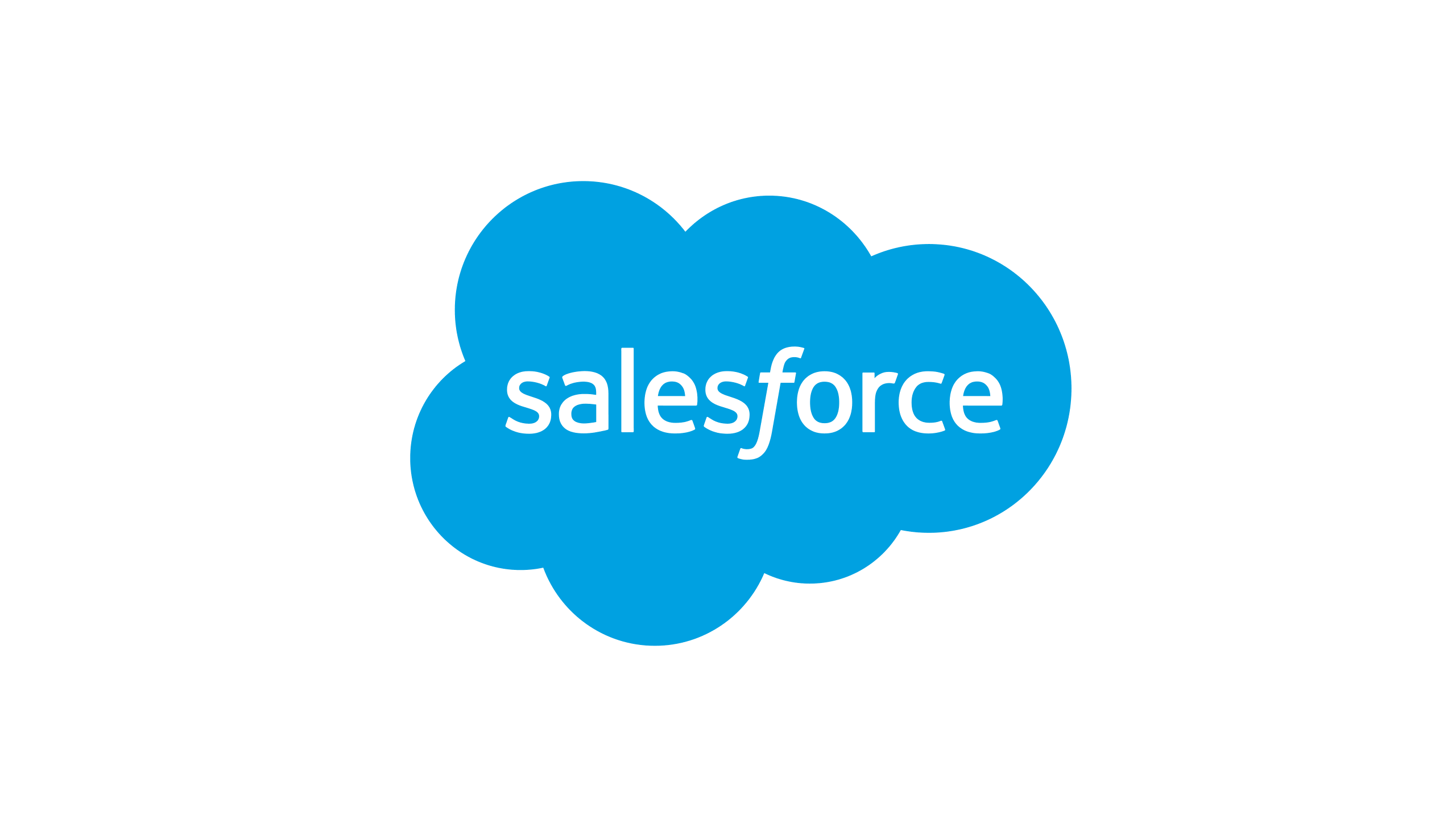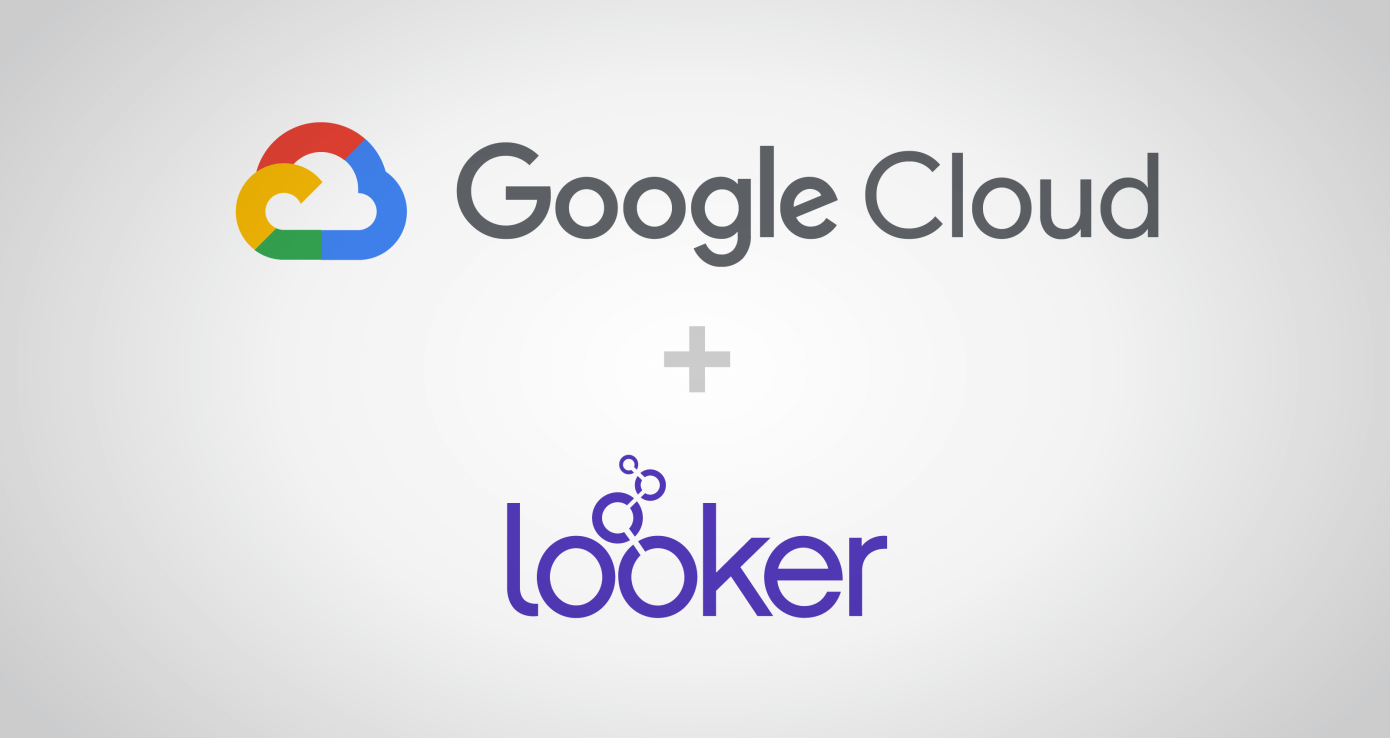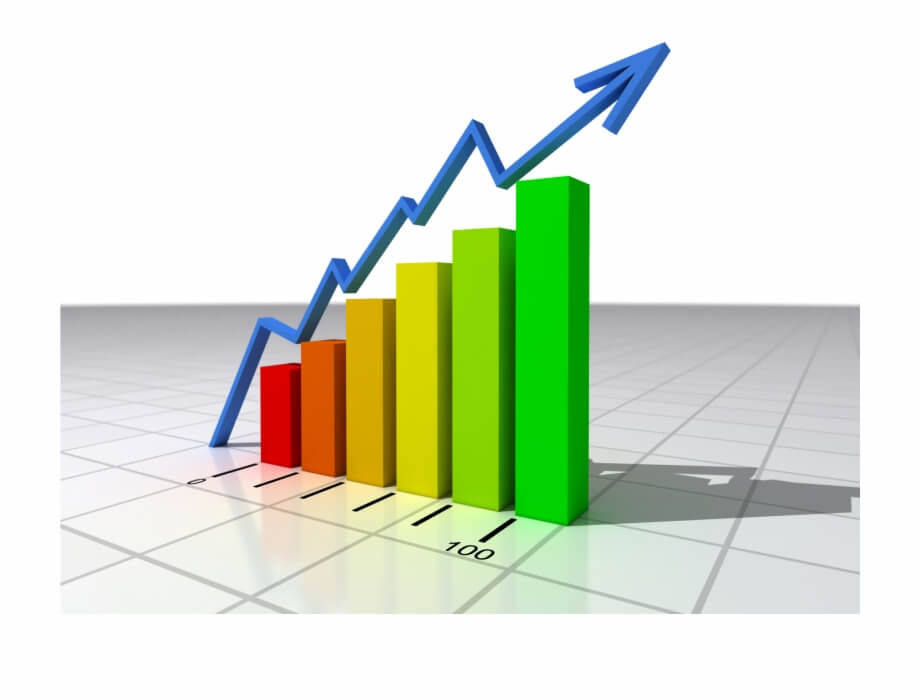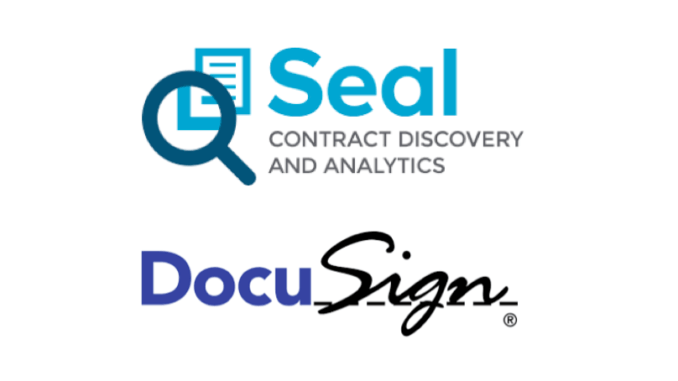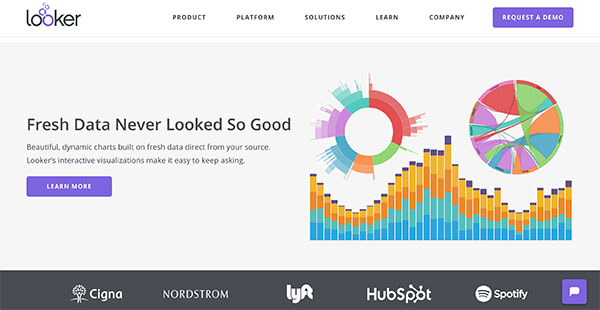Business intelligence is one of the fastest-growing sectors of the business software industry. Companies in every industry and at every size are rushing to BI vendors to either replace their old BI solution or implement their first one.
With BI in such high demand, naturally the space has been filled with dozens of vendors, each of which say that their tool is the best, most valuable tool for any given industry. Of course, they can't all be right.
That begs the question - how do I select a BI tool that's right for my industry? How do I cut through all the marketing to figure out which tool will meet my needs the best and make my data strategy successful?
Every industry, and even every business within those industries, will have different needs that they want met, and not every tool is going to be able to meet those needs. Some tools have the features necessary to work very well for some industries, and other tools are better for other industries.
Businesses really need to do their research and shop around to find the tool that is a best fit for them. It's important to find a tool that actually meets all the needs that a business has for it, and to not select tools just because they have slick UIs or good marketing.
One industry that's been quick to adopt business intelligence tools is e-commerce. Since much of their work already takes place within business software or on the cloud, cloud-based business intelligence tools make a natural fit into their software stack.
However, BI tools do present some fresh challenges to e-commerce businesses, especially ones that need to keep their costs down, don't have that many employees, or that don't have a lot of technical expertise.
E-commerce businesses that want to stay competitive, keep up with new trends, and win more business need some sort of BI solution to manage their data. BI tools have clear benefits for e-commerce, but e-commerce businesses do need to stay aware of their needs and possible risks.
The benefits of BI to e-commerce
E-commerce businesses, more so than businesses in other industries, collect a lot of data about their customers, retail trends, and marketing success. Since all their operations happen online, they're much more likely to already be plugged into data collection and management tools, and the systems they use to manage their operations are much more likely to be cloud-based and digital-only.
These companies may have digital-first, cloud-based tools, but their overall data strategy is still fragmented. The complete picture of their business health might be scattered among a half-dozen different tools, with no way to bring it together for insight.
Without some sort of central tool, e-commerce businesses leave a lot of their data's value on the table. They can't compare data from different tools, see how different data streams relate to each other, or build company-wide dashboards that keep every important KPI in one place.
This is where BI tools come in. A BI tool sits at the center of a business's software stack and brings in data from every tool, acting as a hub where all business data can be analyzed together. This allows e-commerce businesses to make valuable connections between their tools.
For example, an e-commerce business might want to see how their marketing spend is translating to real sales trends. Their marketing spend data comes from Google Ads or another similar service provider, and their sales data is kept in Shopify or another e-commerce-focused tool.
Without some sort of bridge between the two tools, it'd be almost impossible to compare data from the two tools, and actually impossible to do it at scale. Businesses would have to rely on gut feeling and guesswork to know how the two data sets relate.
BI tools can turn that guesswork into fact. By connecting both their marketing tool and their e-commerce platform to their BI tool, businesses can compare data from the two systems, allowing them to get a real view of how marketing spend and sales figures are correlated.
Imagine these connections extended to every piece of software that an e-commerce business uses, and it's easy to see the appeal. Now, important data isn't being siloed within separate tools, and it's available to anyone who needs it.
This doesn't even touch on the power that BI tools have to visualize data analysis. With a dashboarding tool, e-commerce businesses can build visualizations to keep them informed of important KPIs in real time, in a way that's easy to understand at a glance.
From there, users can customize their views further. For example, they could filter their data to just see KPIs about one product, or one campaign.
What e-commerce businesses should look for in a BI tool
With dozens of different tools to choose from, e-commerce businesses have their work cut out for them when selecting the best tool for their business. Since it's so difficult to pick a tool when going in blindly, here are some features that e-commerce businesses absolutely need to have in their BI tool.
- Data connections
A BI tool needs to connect to data to be of any use to a business. If a business has to manually upload data to the tool, or build their own custom connectors for every tool on their stack, then that's probably not the right tool for them.
Ideally, a BI tool should easily and seamlessly connect to every tool that an e-commerce business uses. This way, there's no need to manually update data and businesses can be sure that they're always getting up-to-date, accurate information.
It's also important that no tool gets left out from a BI connection. If everything but one tool connects, then data in that lone tool is going to get siloed. Users will be working with an incomplete picture of their data, and mistakes will be made.
E-commerce businesses should look for BI tools that have pre-built connectors for the software that they use regularly. For instance, if an e-commerce business uses Shopify to manage its sales, then they should look for a BI tool that has a pre-built Shopify connector.
- Ease of use
Many e-commerce businesses are small operations that only have a handful of employees. They can't hire a dedicated data professional or BI expert to manage their software for them.
It's very important, then, that e-commerce businesses are able to manage their BI solution themselves. If they don't prioritize ease of use when they're choosing their tool, then they'll end up with a tool that no one can use and that they can't get any benefit out of.
Most of the market-leading BI systems have started to move towards an approach called 'self-service'. A self-service tool or feature should ideally be able to be used by someone with no explicit training on the tool, or any data science experience in general.
Some popular tools, though, still take the older, data expert-focused approach. These tools are meant for larger businesses who are expected to have the data experts they need to work their tool. Many of these tools still advertise as mass-market solutions, so it's very important to actually get a look at the tool and see if it'll be a good fit.
- Dashboards and visualizations
One of the biggest benefits that a BI tool can bring to any business, not just e-commerce ones, is dashboarding and visualization builders. With these features, businesses can turn their data analyses into charts and graphs, and build visual representations of their data.
This ability to track data visually, in real time, is extremely valuable for businesses that had previously relied on written, numerical reports. Now, there's no need to figure out what a number means in context - the BI tool can do all that.
However, not every BI tool has good visualization tools. Some tools make it the core of their experience, and have an extremely robust feature set. Other tools make it less of a priority, and a few tools don't have in-build visualization features at all.
For e-commerce businesses, visualization tools are very important. These businesses focus on speed and agility, and they don't want to be slowed down by paper reports to get data insight.
In addition, many employees might not have much data training, and it's much easier for them to understand a simple graph, chart, or gauge than trying to figure out the meaning of a static report.
As a general rule, e-commerce businesses should invest in the most robust and powerful visualization tools that their budget will allow. E-commerce businesses don't really need the complex data science tools that less visualization-focused tools carry, but they can extract a lot of value out of visualizations.
- Cost
In e-commerce, margins can be pretty tight, and while they don't have the same overhead costs that brick-and-mortar stores have, they still need to keep their costs down to maximize profit. This means they need to think carefully about where a BI tool fits in their budget.
There are BI tools at basically every price point, but in general, they trend more expensive than other pieces of business software. There are cheaper tools and more expensive ones, but businesses need to be prepared to pay for quality.
Businesses do need to be conscious of the costs of their tool, and keep within their budget, but it's generally a bad idea to try to compromise on a cheaper tool that doesn't meet every need.
BI tools provide their value in the amount of insight they can provide. A more powerful tool will be able to provide more of that insight than a subpar tool. In this way, BI tools can end up paying for themselves, no matter the cost.
BI in e-commerce - driving decisions, finding insight
The right BI tool can be massively transformative to the e-commerce business that buys and implements it. From breaking down data silos and centralizing all business data, to providing dashboarding and visualization tools for monitoring important metrics, BI tools can add a lot of value.
However, e-commerce businesses need to do their research and find the tool that's a best fit for them. They need a tool that has the features they want, so that they're not left with a tool that doesn't provide the value that they expected.
We can help with the BI selection process. Our team of experts have decades of experience in the BI industry and know what tools e-commerce businesses can succeed with, and which to avoid. Contact us today for a no-cost, no-obligation consultation so that we can connect you with the tool that's best for your business.

